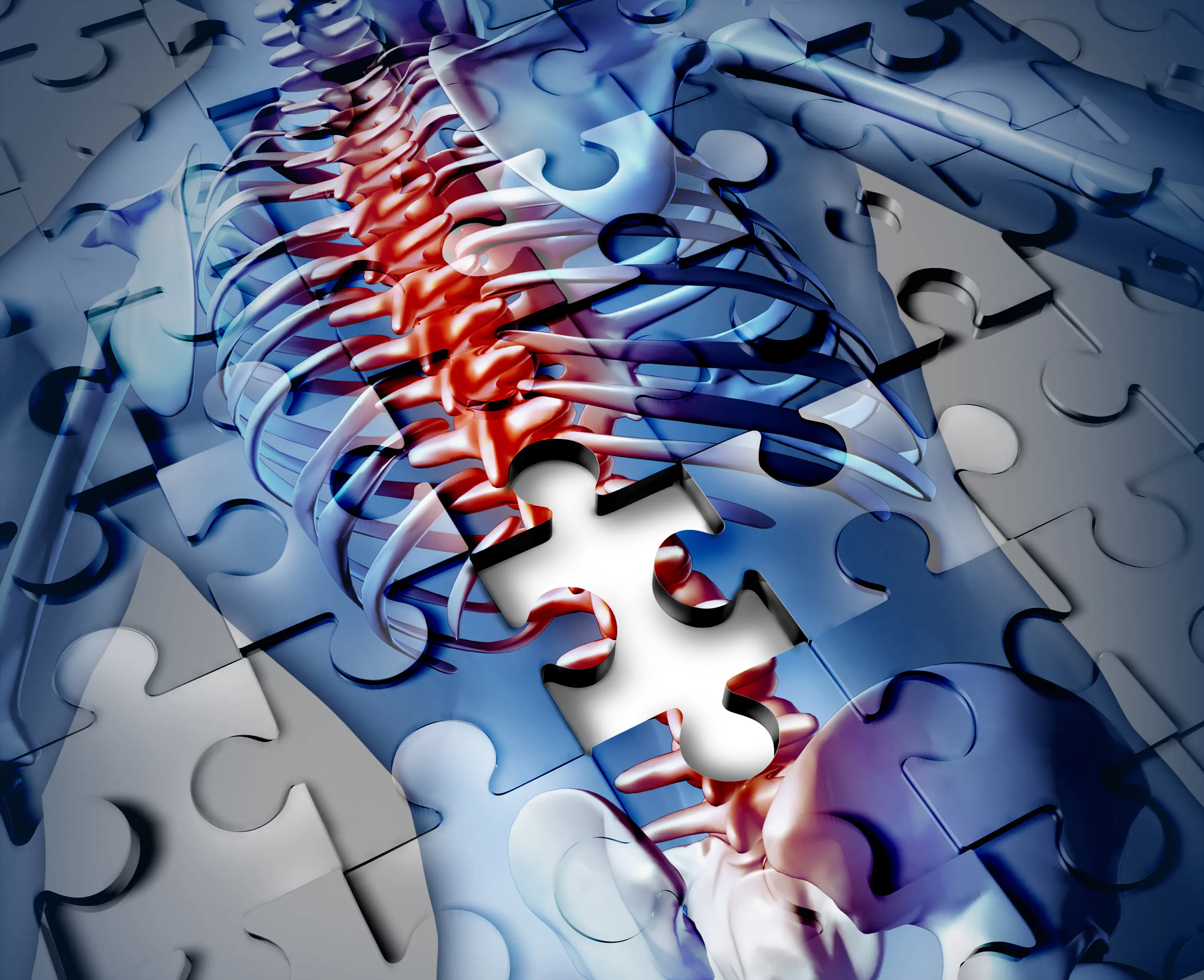Bi-directional interactions of sensory perception, motor performance and fear of movement in the development of persistent low back pain
Longback
Description
Low back pain (LBP) is one of the major health problems, with a lifetime prevalence of 85%. While the majority of acute LBP patients recover within a few weeks, a small minority becomes chronic (pain lasts > 3 months) and represents a huge burden in terms of pain, suffering, health care and social costs. Treatments based on functional and structural abnormalities of LBP patients are frequently unsuccessful suggesting that other pathological bio-psychosocial mechanisms are concerned. From the somatic side, abnormal central pain processing, rather than damage and injury to anatomic body structures, is associated with maladaptive representation of the back and may actually contribute to the development and maintenance of CLBP. The involvement of psychosocial factors in the chronic situation is supports by a growing body of research. Among them, fear of movement is represented by a specific fear related to movement and physical activity that is wrongfully assumed to cause pain or (re)-injury in patients with LBP.
Overall, the proposed project aim to improve our understanding on the maintenance and exarcerbation or the remission of symptoms in acute LBP, from the perspective of a time related bi-directional relationship between cognitive-behavioral and somatic processes. The prospective study will assess data at four time points (4-8-12-52 weeks) after onset of pain. Although, we will focus in particular on the first 12 weeks, a period when most patients seek for medical help and cortical reorganization had already emerged. The proposed project will comprise two parts. It will investigate sensory and motor functioning with behavioral tests and psychosocial factors using questionnaires (Part I) and functional MRI acquisitions will explore plastic changes in the sensorimotor networks over time, in a sub-group of participants (Part II). The association of the neuroimaging, behavior and questionnaire data may provide indications of the chronification process in LBP patients as well as protective factors for a remission of symptoms.
The prospective approach may shed light into time-dependent processes during the transition from acute to chronic pain states incorporating sensorimotor functioning, psychosocial factors, and related interactions or finding protective mechanisms in a remission. The proposed research is user driven and will in the future be translated into better patient assessment and treatments for LBP and by all health care professions.
Key Data
Projectlead
Project team
Bart Boendermaker, Roman Büchler, Prof. Dr. Hannu Luomajoki, Fabian Pfeiffer
Project partners
Free University of Brussels; Medbase AG; Universitätsspital Zürich
Project status
completed, 12/2016 - 10/2021
Institute/Centre
Institute of Physiotherapy (IPT)
Funding partner
SNF-Projektförderung / Projekt Nr. 173297; Third party
Project budget
343'838 CHF
Further documents and links
Publications
-
The natural course of acute low back pain in the general population : an inception cohort study
2023 Pfeiffer, Fabian; Meichtry, André; Luomajoki, Hannu; Hotz Boendermaker, Sabina
-
The association between mechanical temporal summation, state anxiety at baseline, and persistent low back pain : a 12-month prospective cohort study
2023 Dietrich, Nicole; Luomajoki, Hannu; Hotz Boendermaker, Sabina
-
Adaptive changes in sensorimotor processing in patients with acute low back pain
2022 Boendermaker, Bart; Buechler, Roman; Michels, Lars; Nijs, Jo; Coppieters, Iris; Hotz-Boendermaker, Sabina
-
Prediction and trend of tactile acuity, pain and disability in acute LBP : a six-month prospective cohort study
2021 Morf, Rita; Pfeiffer, Fabian; Hotz Boendermaker, Sabina; Meichtry, André; Luomajoki, Hannu

